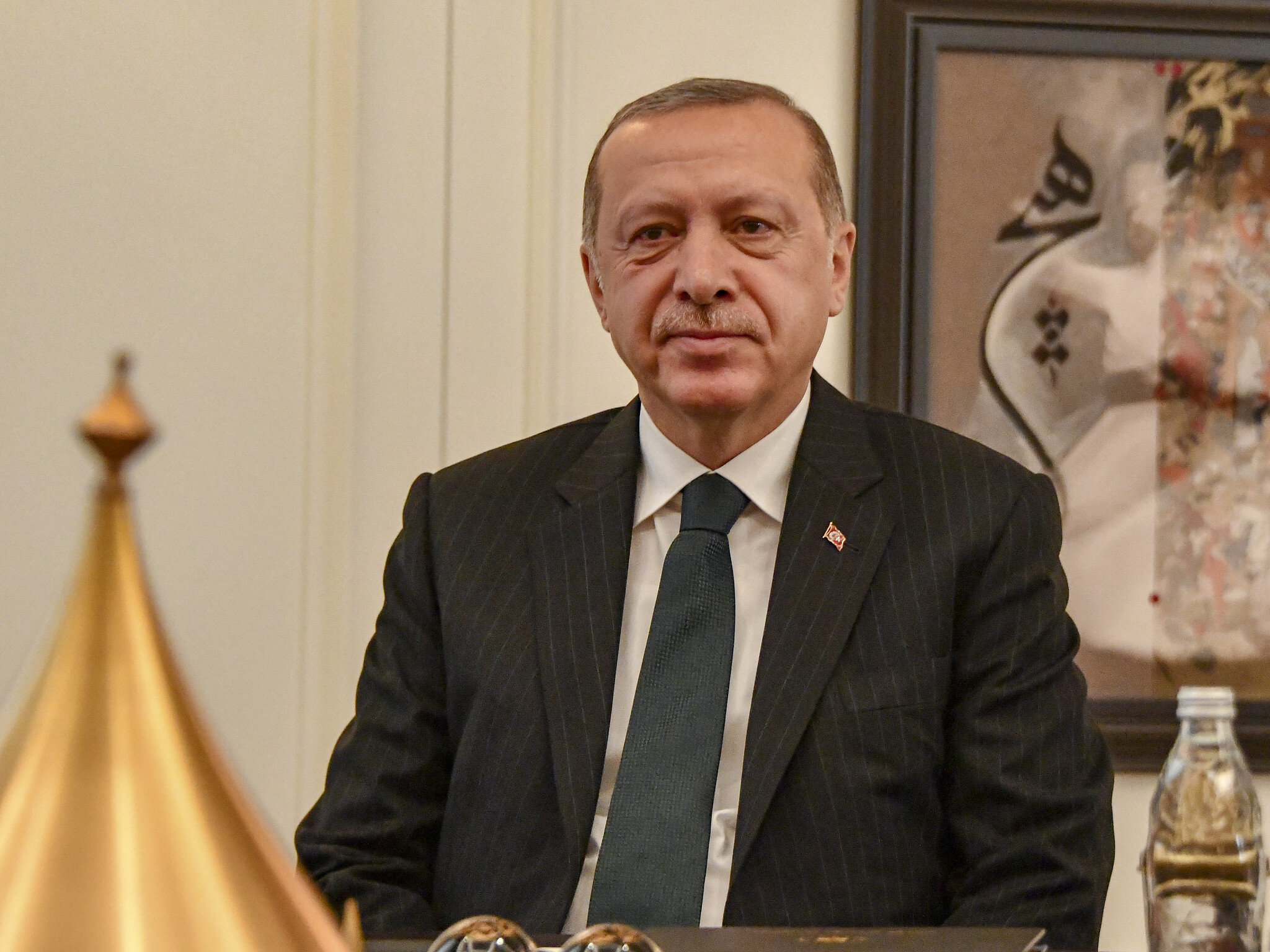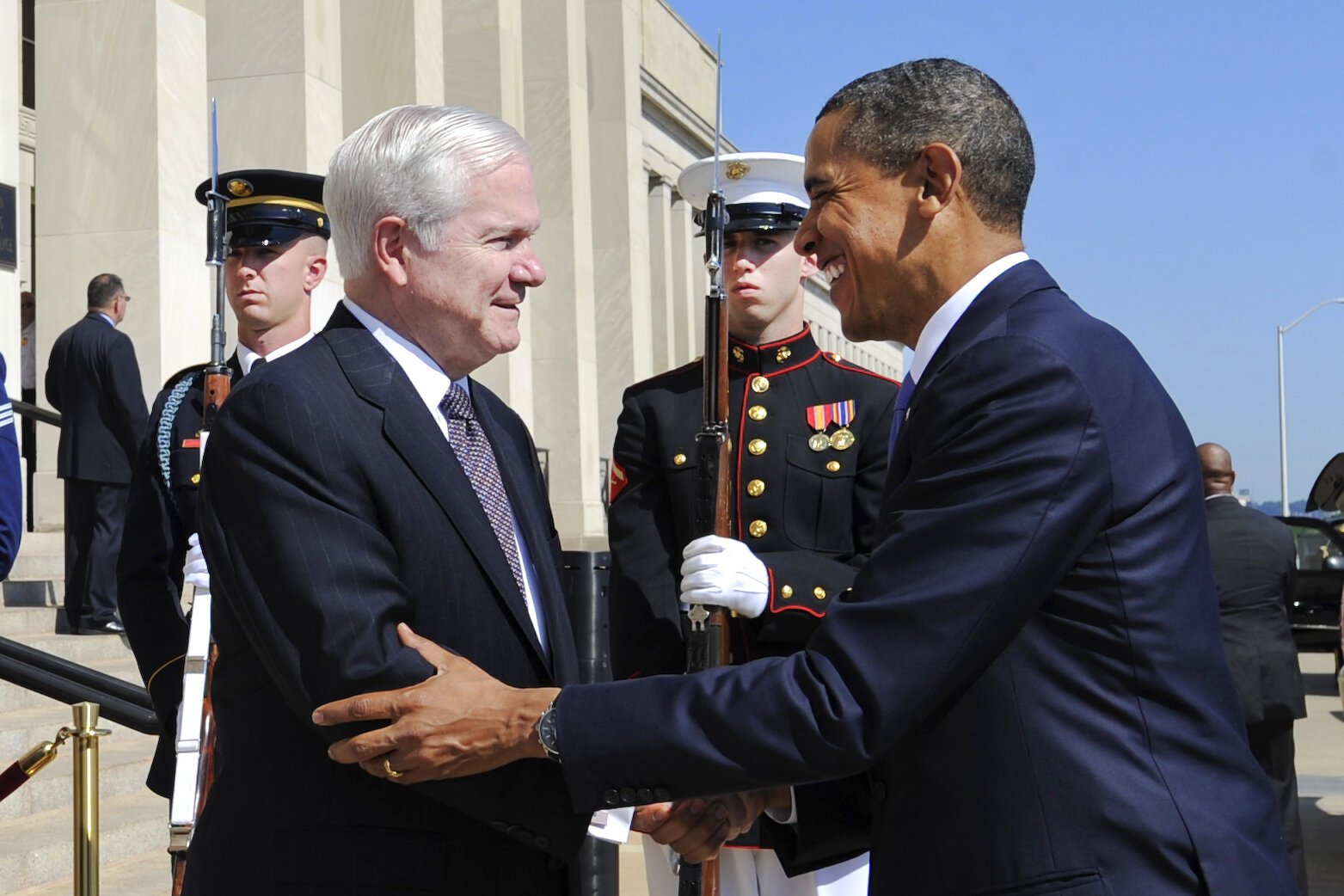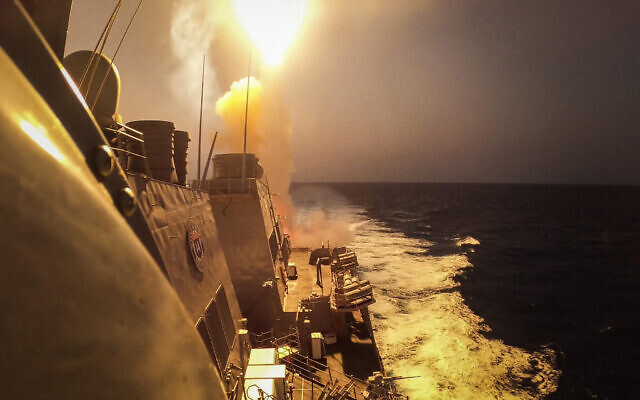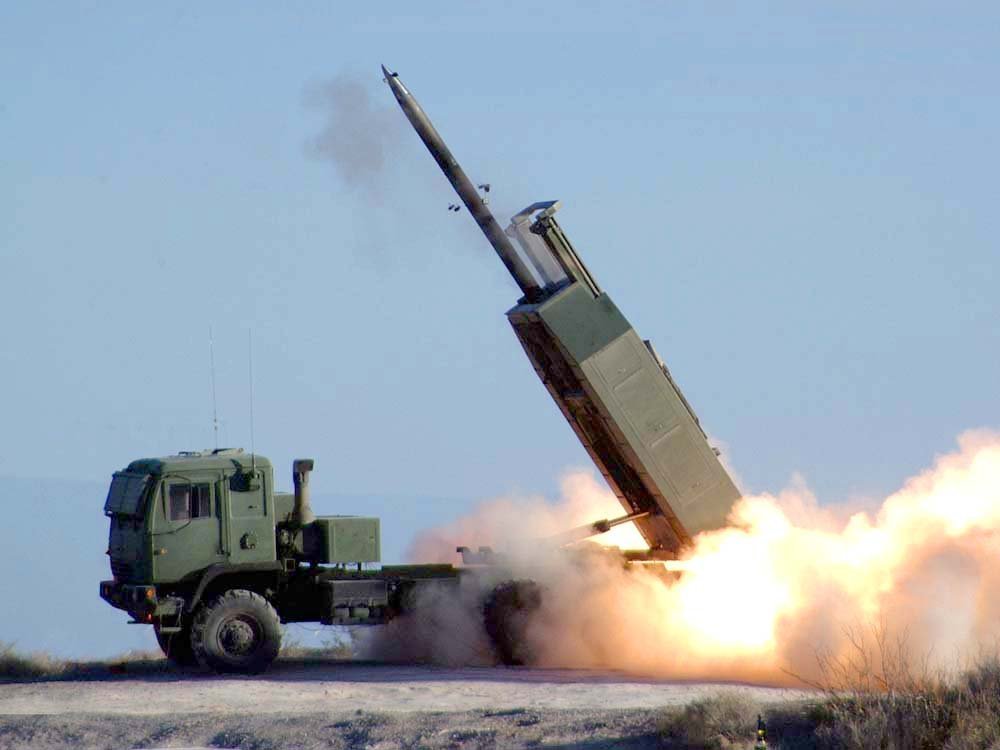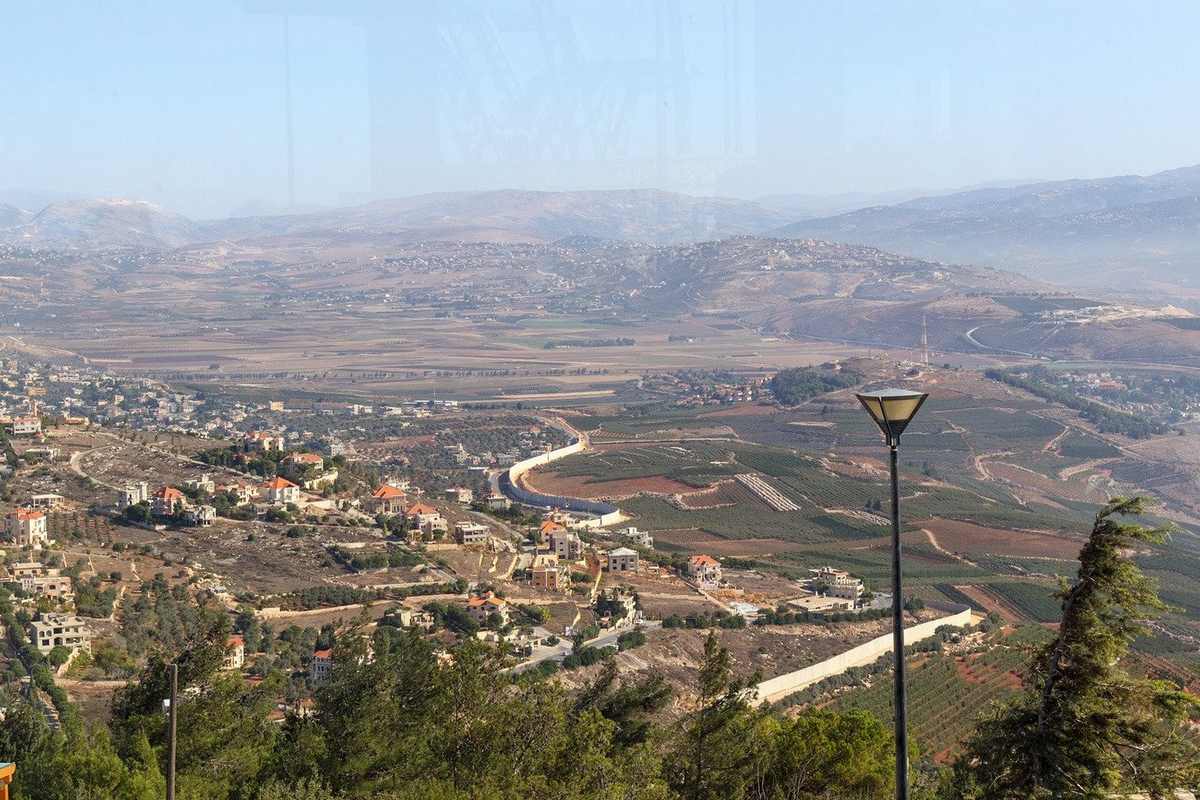Tuesday, October 22nd, 2019. Within the Russian city of Sochi, Recep Tayyip Erdogan and Vladimir Putin have reached an agreement that will lead to the creation of a smaller-than-originally-desired safe zone and the removal of Kurdish military forces from the border with Turkey.
The decision came after the 120 hour ceasefire negotiated between Trump and Erdogan was called off due to Kurdish SDF units not withdrawing from the border quickly enough.
Far from taking over the entire northern borderland as originally planned by Turkey, the new deal grants them control of a 75 mile strip between the towns of Tal Abyad and Ras al-Ain.
Slated to begin this Wednesday at noon, Russian military personnel – maybe contractors, and Syrian border police will begin removing Kurdish YPG military units from the area. Russia will also be assisting Turkish troops in carrying out joint patrols of the border 6 miles east and west of the Turkish zone.
Pictured: Turkish President Recep Tayyip Erdogan.
Erdogan says no deal
Under the ceasefire negotiated by Trump, 800 Kurdish YPG left the area along the northern border, which officials said was all of them.
Erdogan called the deal dead after the 120 hour deadline was up, claiming there were still 1,200 more Kurdish troops hanging around.
Rather than a spat of ethnic cleansing, Erdogan decided to strike a deal with Putin that would in theory ensure the peaceful, or at least non-lethal removal of the remaining YPG from the border. The Ankara strongman was satisfied with far less ground than was in his originally proposed “safe zone,” as the Russian removal of the Kurds mixed with the Syrian army taking over the cities of Manbij, and Tal Rifat satisfied Turkish security concerns.
Since President Trump’s decision to remove the USA from the border conflict debacle, he has earned his fair share of critics. Democrats and Republicans, liberals and neocons, congressmen and news anchors all took turns denouncing the President’s move.
Two arguments: that we abandoned our Kurdish allies, and Russia is likely to gain influence in the country, are always the first ones warhawks of all stripes go to as can be seen in HJ.R 625 and the subsequent press releases from the House Committee on Foreign Relations World at Large examined with a fine tooth comb last week.
Take Admiral Mcraven for example, who was recently published in the New York Times op-ed section claiming that Trump was “destroying the republic,” brings up the Russian influence with stern words.
However Russian influence in Syria has long been entrenched, and even if it wasn’t, the last two administrations have done nothing that Bashar al-Assad might consider the behavior of a friend.
PICTURED: Former President Barack Obama with his 1st Defense Secretary, Robert Gates
Neighborly misunderstandings
For example, while attempting to overthrow Assad during the Arab Spring protests in 2011, President Barack Obama sent money and training to al-Qaeda fighters leftover from the Iraq War and transported them to Syria to try and topple the secular, Shia-aligned Assad regime.
The most extreme of these Sunni elements allied with a Syria-based Sunni insurgency called the Nusra Front to form ISIS.
The same President put the Syrian economy on lockdown through economic sanctions without waiting for concrete evidence that Assad used chemical weapons to kill protestors, established the Al-Tanf U.S. military base without permission in the south, and supported the anti-Assad Kurdish peoples in the north.
Not to let the dog off the leash, President Trump launched over 60 cruise missiles at various sovereign Syrian military installations after another unconfirmed chemical weapon allegation, and encouraged Israel to annex the Golan Heights, seized by the IDF and within Syria’s borders.
Throughout the Syrian Civil War, Russia has been about the only person willing to take Assad’s side as he desperately tried to hold onto power. Russia provided air support while the United States were striking Syrian air capabilities with missiles.
To think that pulling 1000 troops out of the last Syrian conflict zone would enable Russia to gain more influence than 8 years of constant muscular interventions and outright revilement seems unlikely, especially as it seems Russia is more interested in bringing an end to the fighting in the battered country than the U.S. ever was.
